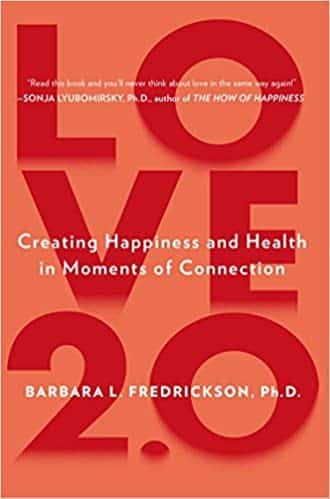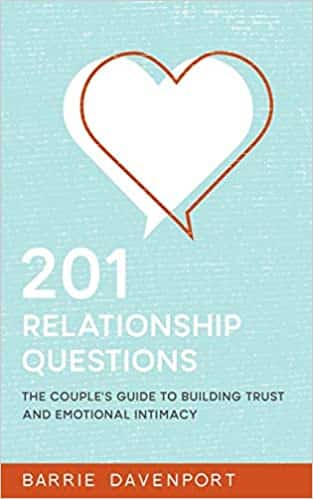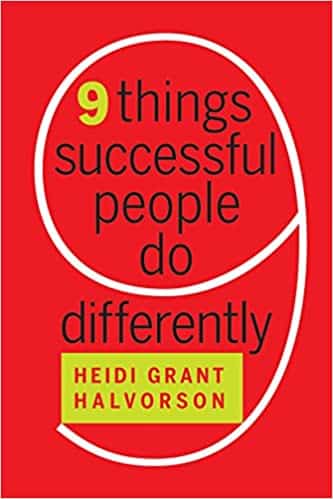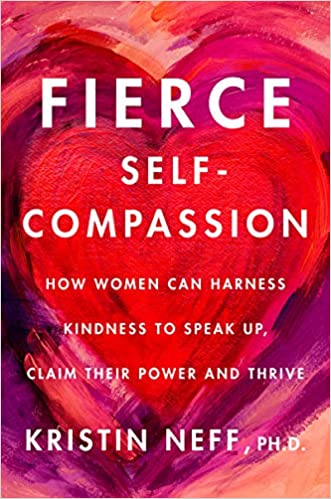Suggested Readings
The Inner Strength offers a highly skilled staff of professionals who provide a wide range of psychotherapy and psychiatric services. Our staff develops personalized psychotherapy plans for all clients based on areas of focus for treatment. We work closely with our clients to help them reach their treatment goals.
Emergency Numbers
The following crisis support lines are open 24 hours a day. Please call if you or someone you know is in crisis.
Crisis Unit After Hours
(780) 427-3390
Child Abuse Hotline
1-800-387-5437
Distress Line
(780) 482-4357
Edmonton Police Services
780-423-4567 or 911 (emergency)
Kids Kottage
(780) 944-2888
Family Violence Information Line
780-310-1818
Parent Help Line
1-888-727-5889
Mental Health Helpline
1-877-303-2642
HealthLink
811
Sexual Assault Services
1-866-403-8000
Alberta’s One Line for sexual violence
1-866-403-8000 (call or text)
Edmonton Seniors Abuse HelpLine
780-454-8888
Addiction and Mental Health Access 24/7
780-424-2424
LGBTQ Resources
1
- Listen to the experiences and perspectives of LGBTQ people; (2) respect these experiences and perspectives; (3) acknowledge their validity (even if you don’t understand them).
- Seek out information and opportunities to expand your understanding (learn through media, attend events, meet LGBTQ community members, and learn about local services and supports).
- Remember your learning is your responsibility – avoid asking LGBTQ people to answer all of your LGBTQ questions (not all LGBTQ people are comfortable acting in an educator role).
2
- Be open to feedback about how your behaviour is impacting other people.
- Reflect on and question the stereotypes and negative assumptions held by yourself and others.
- Avoid assuming how people identify. Listen for, or politely ask, how someone wants to be identified.
- When talking about LGBTQ topics, assume there are LGBTQ people or people with LGBTQ loved ones in the room and consider how they might be impacted by the tone, spirit, and direction of the conversation.
- Observe the way other folks around you act as allies, even in the smallest ways.
- Remember, everyone’s experience of gender and sexuality is different and it’s impossible (and unfair) to ask one person to speak on behalf of a whole group!
3
- Intervene when you witness offensive behaviour or language.
- Use inclusive language to ensure everyone feels welcome and respected.
- Challenge policies, practices, and procedures that create barriers for LGBTQ people.
- Apologize regardless of intent. Everyone makes mistakes in an ally role, what matters, is how you respond when it gets brought to your attention.
- Be courageous! Don’t be afraid to learn, ask for more information and provide support.
Working with BIPOC Communities
Working with BIPOC (Black, Indigenous, and People of Color) communities requires a culturally sensitive and inclusive approach. BIPOC stands for Black, Indigenous, and People of Color. It is an acronym that is increasingly being used to refer to communities that have been historically marginalized and oppressed on the basis of their race or ethnicity. The term BIPOC is intended to be more inclusive than the term POC, which can sometimes be seen as excluding Black and Indigenous people.
Educate Yourself: Take the time to educate yourself about the history, experiences, and cultural perspectives of the specific communities you are working with. Understand the systemic challenges and social issues they may face.
Develop Genuine Relationships: Building trust and developing genuine relationships with community members is essential. Engage in active listening, show empathy, and approach interactions with an open mind.
Diverse Representation: Ensure diverse representation within your team or organization. This includes having BIPOC individuals in decision-making roles and positions of influence. It helps to create a more inclusive environment and ensures that different perspectives are considered.
Collaborate and Co-create: Involve community members in decision-making processes, program design, and implementation. This participatory approach empowers the community, validates their expertise, and ensures that solutions meet their unique needs.
Cultural Competence: Develop cultural competence within your team. This involves understanding and respecting cultural differences, norms, and values. Be mindful of potential cultural biases and avoid making assumptions or generalizations.
Language and Communication: Use inclusive and culturally appropriate language when communicating with BIPOC communities. Avoid jargon, acronyms, or terms that may be unfamiliar or exclusionary. If necessary, provide translation or interpretation services.
Resource Allocation: Ensure equitable resource allocation and access to opportunities. Consider the historical disparities and systemic barriers that may exist, and work towards addressing them. Advocate for fair distribution of resources and opportunities.
Tailor Services and Programs: Customize your services or programs to meet the specific needs of the BIPOC communities you are working with. Consider their cultural practices, preferences, and priorities. Be flexible and willing to adapt your approach as necessary.
Continuous Learning and Improvement: Engage in ongoing evaluation and reflection to assess the impact of your work. Learn from successes and failures, and make adjustments based on feedback from the community. Embrace a growth mindset and a commitment to continuous improvement.
Allyship and Advocacy: Act as an ally and advocate for BIPOC communities. Use your privilege and platform to amplify their voices, address systemic issues, and promote social justice. Be willing to speak out against racism and discrimination.





